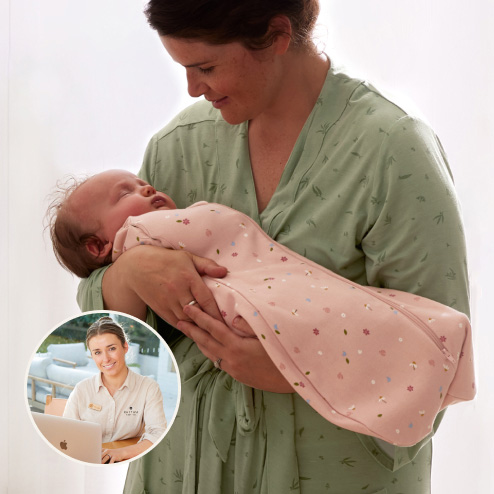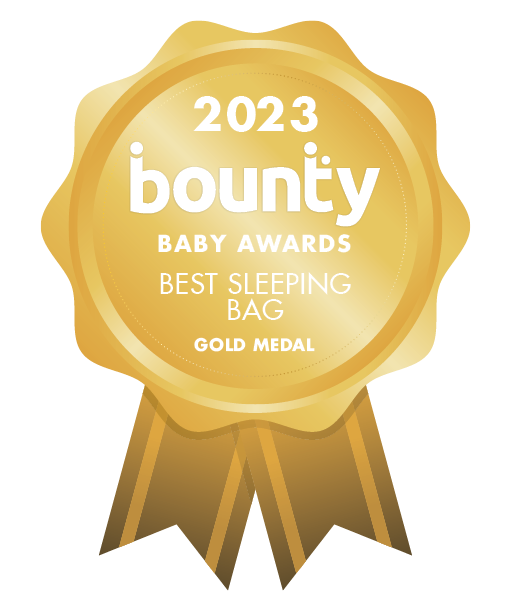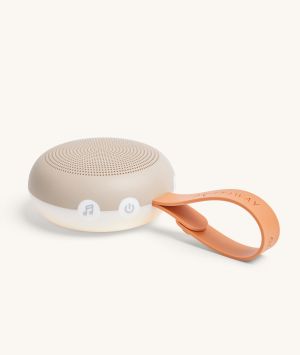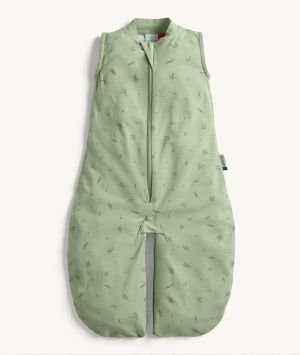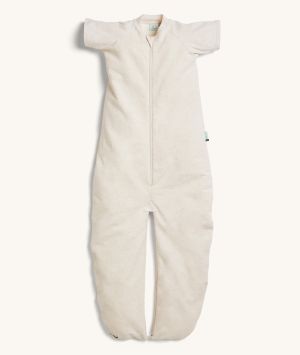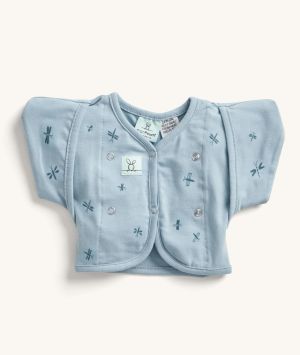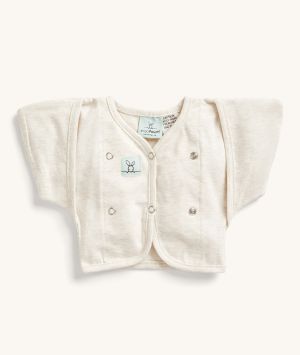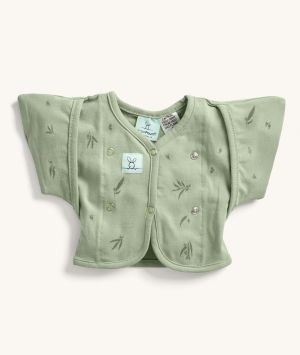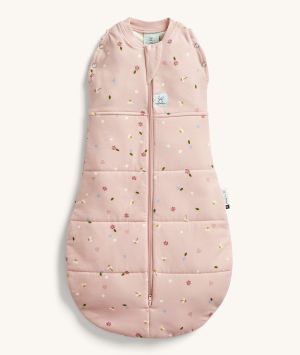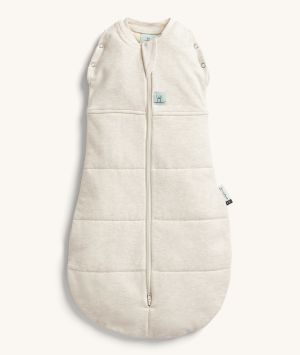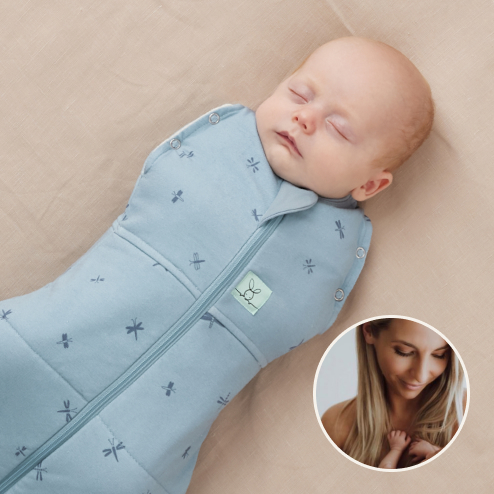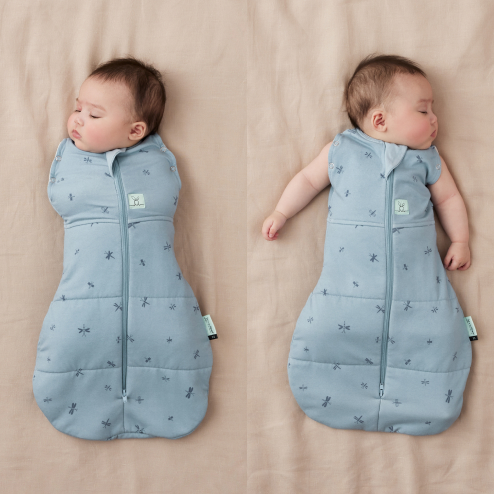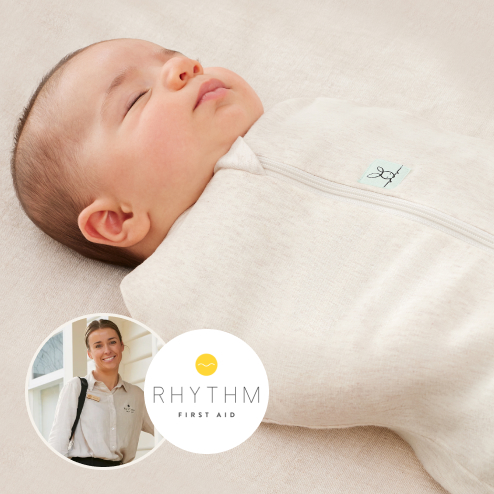How to Help a Sick Baby Sleep
27 June 2023 Newborn Sleep Infant Sleep Toddler Sleep Product Information
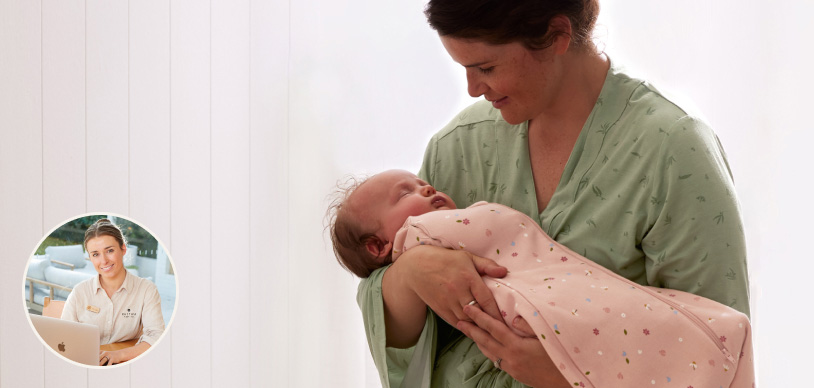
Did you know it’s common for healthy children to have up to 12 viral illnesses per year in their first few years of life?
As children grow older, the frequency of these illnesses usually decreases.
These viral illnesses can feel relentless. When babies and children catch another virus shortly after they’ve recovered from another one, it may feel like your little one is always sick.
In this blog, we are going to address your most common question in regards to illness, such as:
· Do babies sleep more when sick?
· How to get a sick baby to sleep
· How to dress a sick baby for sleep
How baby’s sleep may change when they’re sick
It’s very normal for babies and children to sleep more when they’re unwell.
When a baby is unwell with a virus or infection, their immune system is working to fight off the infection, which can lead to increased fatigue. Sleeping helps conserve energy, allowing their body to rest, recover and heal.
However, it’s important to note that the sleep patterns of sick babies can vary. While some may sleep more, others may experience disrupted or restless sleep, or have trouble falling asleep due to pain or discomfort, congestion or fever.
If you have concerns about your baby’s sleep or their health, it is always recommended to take your little one to be assessed by a health professional. If your child is difficult to wake or has severe lethargy, you should seek urgent medical attention.
It’s also normal for babies to be more clingy and only want to be sleep on you when unwell.
It’s common that your little one might be clinging to you like a koala (hello, contact naps!), and they will only sleep when they are being held. This is very common and normal for them to be more needy and clingy than usual.
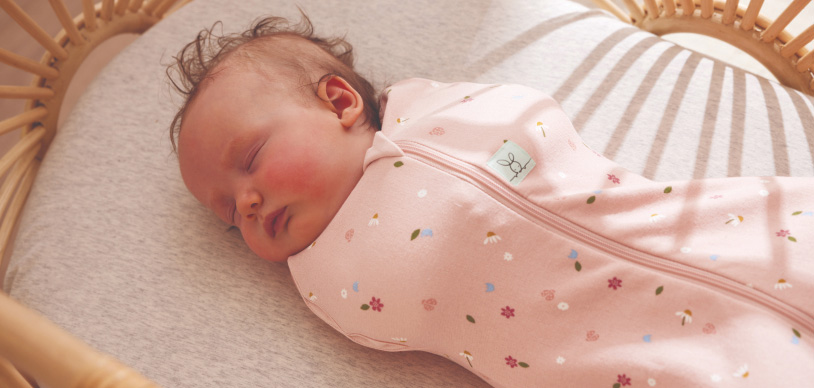
Sick baby won’t sleep? Here’s how to help.
Firstly, if your little one is displaying signs of pain or discomfort, try administering some simple over the counter, age-appropriate pain relief such as paracetamol and/or ibuprofen. This may alleviate a sore throat, headache or an ear ache, etc. Your pharmacist or GP will be able to help guide you with the best medication to administer.
Like us, when they are unwell, they might be feeling a little more restless or unsettled.
There are several things parents can do to help their sick babies sleep:
· Lots of cuddles and tender loving care can help support them to sleep.
· Decreasing noise and light
· Try bouncing, rocking, a calm lullaby, offering a soft toy comforter, and shh-pat methods. Consider a white noise machine.
· Try different positions and environments such as the pram or bouncing on a fit ball
· Lastly, try your best to be patient. It’s very normal for babies to not settle as easily when they are sick.
Does using a humidifier help?
The jury is out on this one. There are pros and cons to humidifying your little one’s sleep environment. Check out this blog if you would like to take a deeper dive into humification. There is no significant harm in trying, and we always recommend you doing what’s best for your unique situation.
How to help with their blocked noses
Using normal saline drops or a spray can help to loosen and clear out secretions in your little one’s nose. This not only helps to alleviate discomfort, but it can also increase the likelihood that they will feed effectively.
if there is copious amounts of snot, you might find it helpful to clear out their noses. There are a couple different ways to do this:
How to help with their cough at night
Cough medicines not recommended for children under the age of six years, so we recommend looking at alternative options.
There is some evidence that demonstrates honey can reduce the severity and duration of a cough. The Royal Children’s Hospital (RCH) recommends, as a short-term solution, one to two teaspoons of honey taken 30 minutes before bedtime, as it may be helpful for children older than 12 months.
It’s important to know honey should be avoided in children less than 12 months old, as there may be a risk of a condition called botulism.
How to dress your little one for sleep when they are sick - Is dressing them different for when they have a fever?
The aim when dressing your baby when they are unwell or have a fever is for them to be as comfortable as possible.
Babies cannot regulate their temperature as well as we can, so using layers is important. Layers, layers, layers. Think singlet, sleep suit and sleeping bag.
When babies are unwell, dress them the same as when they are well. Follow the ergoPouch dressing guide to take the guess work out of choosing what to dress your little one in for sleep
Placing your hand on their chest or back is the best indicator of how warm your child is. Remember to avoid touching their hands and feet to determine warmth, as this is not an accurate assessment of how warm they are.
Ensure that you are dressing your little one in breathable and natural fabrics. Try to avoid synthetic materials as they aren’t as breathable.
Can a baby get sick from being too cold at night?
No, they cannot get sick or catch a cold from being ‘cold’. This is a myth or an old wife’s tale. Colds are caused by viral infections. For someone to be unwell with a virus, they need to be exposed to the virus. Factors such as close contact with sick individuals, poor hand hygiene and a weakened immune system can all increase the chance of ‘catching a cold’.
It is important that babies are dressed appropriately for the temperature to keep them comfortable and reduce the risk of hypothermia.
Strategies to cope with sleep overnight when you’re unwell, too
· Let go of all expectations and be led by your little one’s cues
· If possible, seek out additional support to help take the pressure off
· Remember, this is just a phase. Soak up those additional cuddles!
About the author
Nicole Gleeson is a paediatric emergency nurse and the founder of Rhythm First Aid. Nicole is on a mission to educate and empower our community. Working as an Emergency Nurse in a trauma centre, she has experienced first-hand the importance of well-developed first aid knowledge and skills. Armed with experience, knowledge, and determination to improve outcomes for families and businesses, Rhythm First Aid was established with a vision to ensure quality and fun CPR and first aid training accessible for all.
With love,
eP

